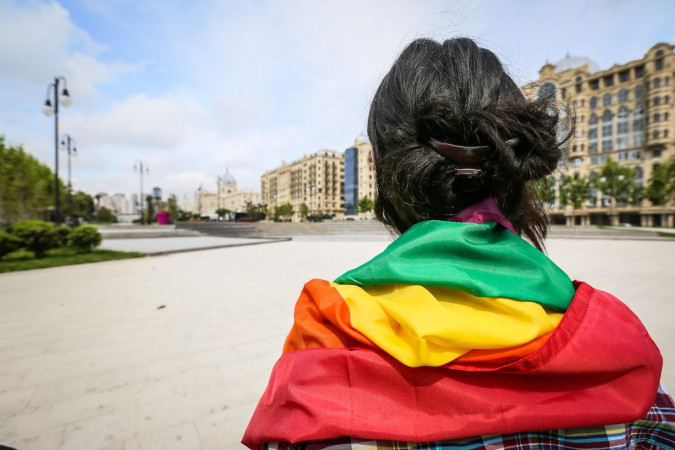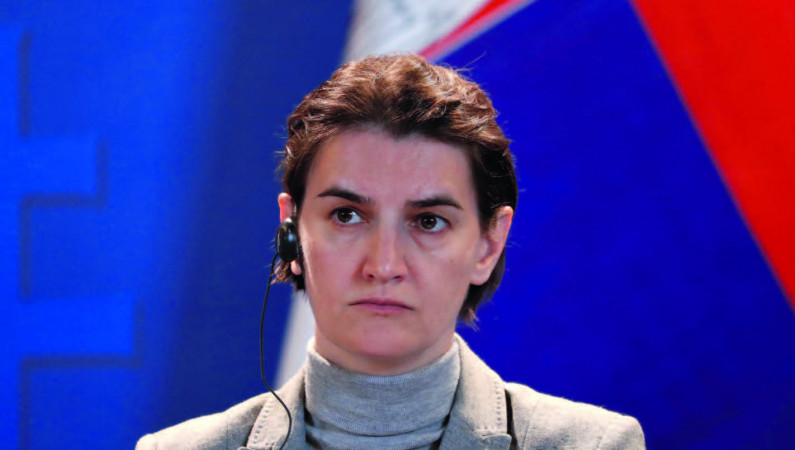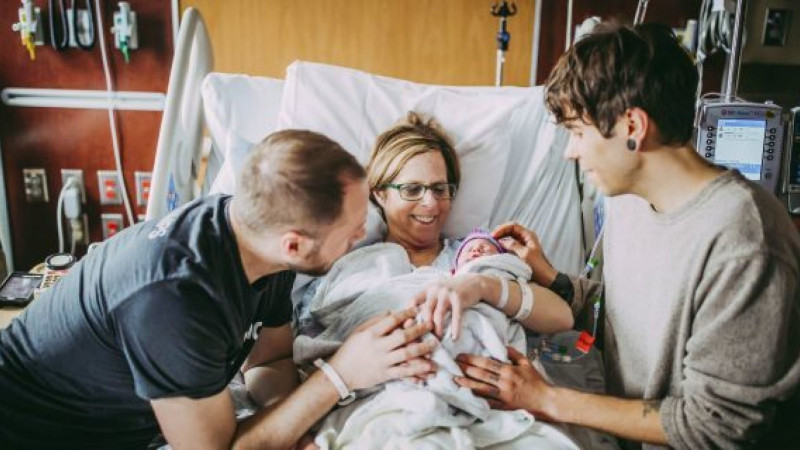Haft sin: Interview with Mariam Tchantchalishvili
Feminism and the military represent two seemingly disparate realms
28/May/24
5344
Haft sin: Interview with Mariam Tchantchalishvili
Feminism and the military represent two seemingly disparate realms. Each is characterized by gender dynamics deeply embedded in the fabric of society, but historically different. As a social and political movement, feminism advocates for the equality of the sexes and challenges the systemic barriers that perpetuate gender-based discrimination. On the other hand, the military, traditionally perceived as a male-dominated institution, has been shaped by centuries of entrenched gender norms and practices of exclusion. This intersection between feminism and the military raises critical questions about gender equality, representation, and the evolving role of women in the armed forces. Mariam Tchantchalishvili, a sociologist and specialist in gender studies, program manager at the Women's Foundation in Georgia, answered our questions on this topic in a conversation with Sevgi Ismayilbeyli.
Can you provide an overview of how conflict, particularly the military, intersects with feminist perspectives? How do these two seemingly disparate fields come together?
Feminist visions are fundamentally anti-militaristic, although this does not mean only falsely uniting around 'peace', but also introducing a kind of feminist thought and politics that contradicts militarist logic. The connection between conflict and feminism is crucial to observe in two respects: on the one hand, the feminist understanding of peace opposes militarism, and the associated inequality and oppression, militaristic and nationalist forms of masculinity and its results, dehumanization. Feminist theory and research, on the other hand, can explore the relationship between conflict and gender - explore the gendered aspects of war and bring to the surface what history forgets or doesn't see - voices of women and other vulnerable groups.
What are the problems faced by women in the military and outside the military in the context of the conflict, and how has the feminist perspective influenced the discussion around the solution of these problems?
When women are involved in militarism, it is often considered a feminist act -as militarism includes women, it solves the problem of representation of women in "peacebuilding". This obviously does not change the militaristic order. Perhaps, the face of a female fighter will intensify the nationalist images of the fighter and the heroic nature of participation in militarism - (This implies that "even women stand to defend our country" - While women are already involved in militarism, it doesn't matter if they are in the army or not). A separate aspect is how women's needs are taken into account in military institutions - what do women have to transform and adapt to in order to join the military.
In the conditions of conflict, women have to take care of their own families, in case of a change of place, displacement, they lead their families themselves and take care of maintaining these families. In the hot spots of the ongoing conflicts, women are at particular risk of being oppressed, raped, taken hostage, and tortured, because the subordination of women to the enemy is often perceived as an act of victory precisely because of the patriarchal order.
In times of war, in addition to access to food and drinking water, women need access to hygiene products and health care, whether due to pregnancy or other reasons - and mothers of newborns have problems feeding their children. Women are also the ones who take care of the elderly, sick and disabled members of the family.
In addition, it is important to consider not only what happens during the war, but what happens after the war, which is also often less interesting to the media. War and conflict have long-term damaging effects, and this is often overlooked. The post-war period is characterized by homelessness, mourning, increased violence, etc.
How does gender dynamics manifest itself in military operations?
As I have already mentioned, the patriarchal dynamics of gender roles and relations are completely transferred to military operations - perhaps this will also be confirmed by many content analysis studies, with the use of terms, nicknames, language in general, that are associated with defeat (feminine, subordinate) and victory (masculine, superior). Militarism primarily separates the public and private spheres and marks women as housewives and nurturers of future fighters, while men are the defenders of the homeland, the setters of the rules and the ones with power, standing above women in the hierarchy.
Can you provide detailed information about the role of women in conflict resolution and peacekeeping efforts within the military framework? How has feminism affected the inclusion of women in these processes?
The United Nations Security Council Resolution 1325 adopted in 2000 was a sign that the issue of women's participation and representation would be addressed in such a masculine institution. According to the resolution, women should also be decision-makers at any level.
Although later it was often said that peacebuilding and women were related to the prevention of war and not to making war safer for women, it can already be said today that the resolution failed to reflect the anti-war feminist rhetoric and itself became one of the tools of the new militarism.
Having women at the table during the negotiations is obviously important, but it is important to consider whether they can oppose the militarist machine, or they are considered enough to ensure that we don't talk about feminist intervention in militarism when we already have a "successful" example of it.
Gender-based violence is an important issue in conflict zones. How can feminist principles be applied to address and prevent gender-based violence in the military context, and what changes are needed to improve the situation?
First of all, it is crucial to recognize that gender-based violence occurs in the context of war. Often, this recognition takes decades. Those forms of gender-based violence that occur in everyday life are often manifested with special brutality during conflict - rape, torture, trade, increase in cases of domestic violence, etc.
First, it is important that these cases of violence are noted as war crimes and not normalized as a side effect of war.
For this, it is important to implement such policies that will see these risks and set goals for their elimination; It is also important to have support networks and services in place if people are exposed to GBV in the context of war. Another issue is to research and identify the forms that occur in the context of war so that their recognition is easier.
How has feminism influenced changes in military culture, and what steps can be taken to create a more inclusive and gender-sensitive environment in the armed forces?
Contribution of the people in armed forces may be important to the prevention of gender-based violence or homophobia among the people in the military, or to address the needs of specific groups, but these changes cannot be a feminist act as it doesn't oppose the war.
How favorable is the field of military service for queers? What do you see as a solution to this issue?
I believe that the presence of women and queer people in militarism - in the army or in high structures is not a change-maker, because it is impossible for them to be able to overthrow and change this system.
Powered by Froala Editor



